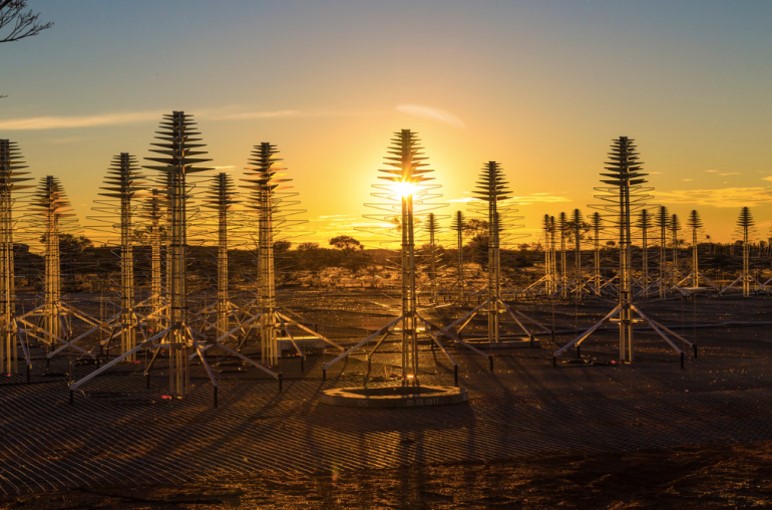Astronomical Observatories on Indigenous Land
I’ve been meaning to post about for some time about the use of telescopes all around the world that reside in observatories on lands previously and/or presently occupied by indigenous peoples. The creation of these astronomical facilities has been accompanied by neglect (and sometimes violent displacement) of tribal communities native to the land on which they now stand. Though we exploit native lands for science, the astronomical community makes little reference to the people who are directly impacted by the advancement of astronomy through colonialism of this sort.
I know I’m not alone in thinking that, at the very least as a community we should do much more to acknowledge our use of astronomical facilities built on land that in many cases was basically “stolen” by colonial settlers. There was a talk about this issue at the recent Euclid Consortium Meeting in Copenhagen, and it came up at the National Astronomy Meeting in Cardiff in the context of the broad issue of the decolonization of astronomy.
Anyway, just for a start I have included here a small gallery of images of modern astronomical observatories of various kinds, with captions giving the names not of the observatory, but of the indigenous peoples upon whose land it is built:







There are many more than these, but hopefully you get the point. The question is: what to do about it?
July 15, 2023 at 2:06 pm
To be honest this hadn’t even crossed my mind. The usual reaction would be some sort of monetary compensation. It’s tricky though because presumably the land was taken decades ago. So there would be usual objection to this of how far back do we have to pay for the sins of our fathers…
July 15, 2023 at 9:18 pm
The first step would be dialogue with First Nations custodians of the land. The second would be to listen. Then co-create a way forward.
July 15, 2023 at 10:48 pm
If you’re serious about decolonising astrtonomy then close the lot down and stick to space telescopes henceforth. But you might also ask anybody in England with a French surname that was present there before 1685 (when the Huguenots arrived) to return to France. 1066 and all that.
There has always been a tension between hunter-gatherers and agriculturalists. Before the invention of gunpowder the hunter-gatherers lived as successful raiders of agriculturalists on the borders of the great Eurasian steppe belt, from Eastern Europe to China. After gunpowder the farmers could drive the raiders off. Then the invention of ocean-going vessels in Europe (also in China, but the Indian ocean voyages were not followed up) enabled colonisation.
I’m not sure what I want, other than a deep debate rather than a shallow one.
July 15, 2023 at 10:58 pm
If you want a deep debate then why make such a shallow response?
July 16, 2023 at 6:08 am
I’m interested in consistency and in historical depth. Why do you think it’s shallow?
July 16, 2023 at 9:54 am
This point can be made just about any astronomical observatory. They are all(?) build on land that at some point in time belonged to someone else and was forcefully taken. More important is, what do you propose we do about it? Abandon them? Acknowledge the original owners in words? Offer education and training the the original population, if still around?
July 16, 2023 at 12:22 pm
Indeed. Money, ie bribery, is not the solution. Cultural intertanglement is so great that I have no idea what the answer is. But consistency is important. If people don’t want telescopes on their land, do they want an electricity infrastructure there?
July 18, 2023 at 1:20 am
Australia is hardly a shining beacon in terms of coming to terms with it’s past, but there is a system here of Indigenous Land Use Agreements (ILUA) which acknowledge the traditional owners, involve them in the process, have walk throughs to avoid sensitive areas, provide compensation and engage with the local indigenous communities culturally and economically. From the example above the SKA will be located on a site called “Inyarrimanha Ilgari Bundara, the CSIRO Murchison Radio-astronomy Observatory”, a dual name developed by the local Wajari Yamaji. The direct translation of the Wajari name is “sharing sky and stars” referencing their sharing of their skies and then the scientists sharing their knowledge with everyone. There’s a lot of progress to be made in addressing the wrongs of the past in Australia, but astronomy is trying to do its bit.